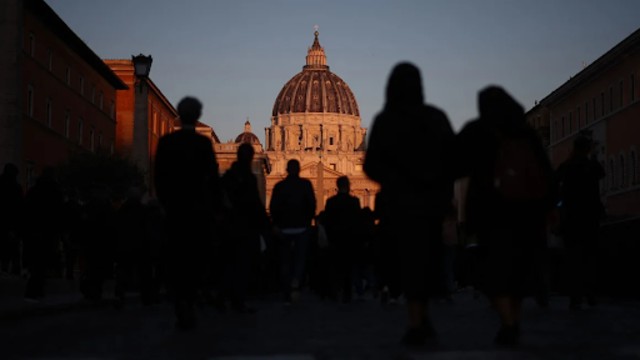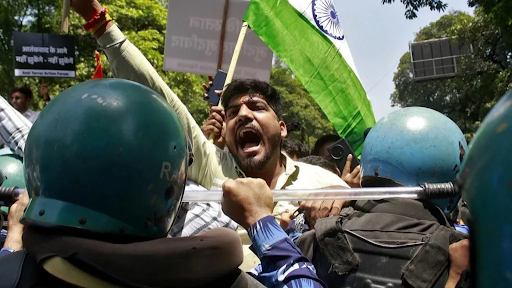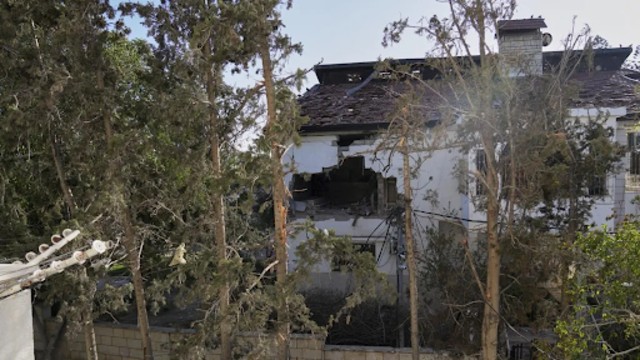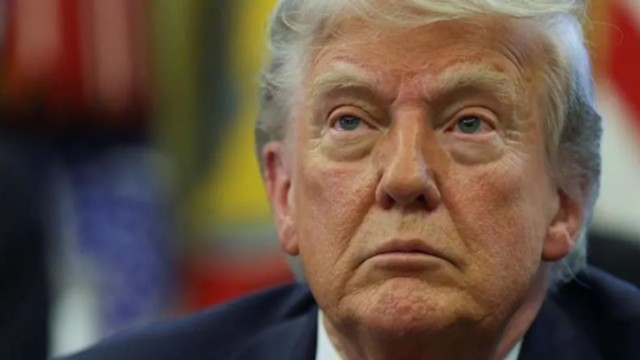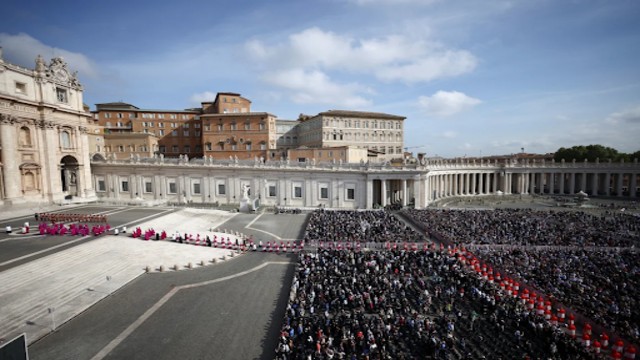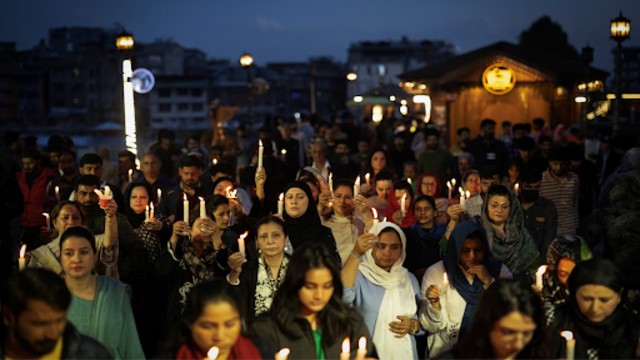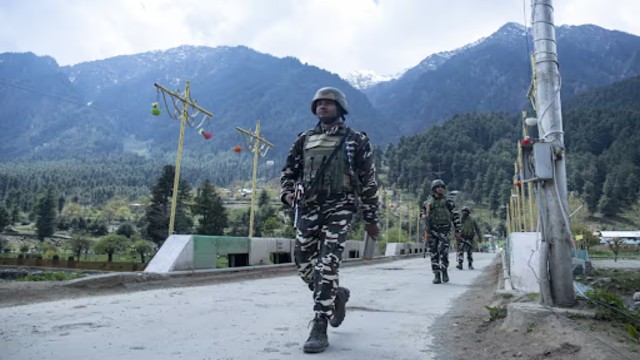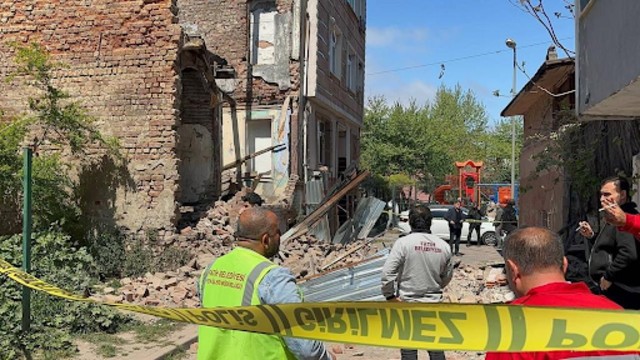
On October 25, 2023, former Bangladesh Prime Minister Sheikh Hasina speaks at the EU Global Gateway Forum 2023 in Brussels, Belgium. Reuters
On Thursday, Bangladesh’s International Crimes Tribunal issued an arrest warrant for former Prime Minister Sheikh Hasina, who is currently residing in India. The warrant is linked to her alleged involvement in mass killings during violent protests that took place earlier this year. These protests initially began as student-led demonstrations against the country's public sector job quotas, but they quickly escalated into one of the deadliest episodes of unrest in Bangladesh’s history since its independence in 1971.
The protests, which started small, soon spiralled out of control, leading to widespread violence, destruction, and chaos. Over 700 people were killed, and many more were injured in the unrest. As the violence continued to intensify, Hasina was forced to flee to India on August 5, fearing for her safety. In her absence, an interim government was established, headed by Nobel Peace Prize winner Muhammad Yunus.
The tribunal, led by Justice Golam Mortuza Majumdar, was presented with a request from prosecutors to issue arrest warrants for 50 individuals, including Hasina, as part of an ongoing investigation into the protests. Chief prosecutor Mohammad Tajul Islam explained the necessity of the arrest warrants, stating that without apprehending the key figures involved, it would be impossible to carry out a proper investigation.
“We appealed to the court that if the accused, who are extremely influential, are not arrested, it will be impossible to conduct the investigation,” Islam said. He added that the court had granted the request and ordered that Sheikh Hasina be arrested and brought back to face trial by November 18.
The unrest that forced Hasina to leave the country has left a lasting impact. Even today, many students continue to protest in Dhaka, demanding justice and accountability for the events that unfolded. Near Dhaka University, protestors gathered, chanting slogans, and standing beside a defaced mural of Hasina. The atmosphere in the country remains tense, with many still calling for answers regarding the deaths and disappearances of their loved ones.
So far, more than 60 complaints have been filed against Hasina and other leaders of her political party, the Awami League. The charges include enforced disappearances, murder, and mass killings. However, Awami League representatives have largely remained silent on the issue, as many of the party’s senior leaders have either been detained or have gone into hiding to avoid arrest.
Hasina’s son, Sajeeb Wazed, who currently resides in the U.S., has repeatedly defended his mother. In a statement in August, Wazed insisted that his mother had done nothing wrong and that she was prepared to return to Bangladesh to face trial.
Bangladesh’s de-facto foreign minister, Mohammad Touhid Hossain, assured reporters on Thursday that efforts are already underway to bring Hasina back to Bangladesh within the one-month deadline imposed by the tribunal. “The tribunal gave one month's time. We will definitely try to bring her back in the meantime, we will do whatever it takes for us,” Hossain said.


